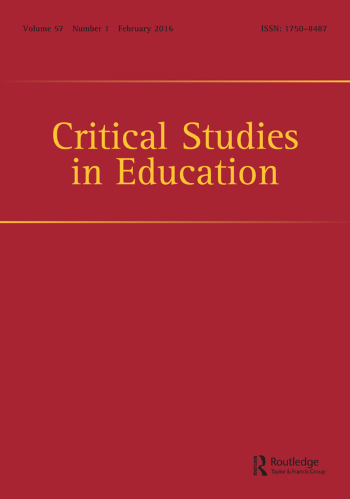"This special issue presents different perspectives of how knowledge making is being governed in ways that produce epistemic injustice. Contemporary conditions of ‘post-truth’ and ‘crisis in trust in democratic institutions’ are characterized by misinformation and challenges to established forms of expertise while ‘living with Covid’, politics and economics have taken precedence over science (Jayasuriya, 2021; McCarthy & Jayasuraya, 2022). This raises significant concern as to whether knowledge-state-society relations can address what are key issues for a sustainable and just global society.
In part, the ongoing destabilization of knowledge-state-society relations is due to their long-term repositioning arising from rampant edu-capitalism in which knowledge (or rather, data) has become a new source of profit and a commodity in which large multinationals (e.g., bio-tech, edu-tech, publishing and the big four consultancy firms – KPMG, Deloitte, McKinsey, EY – now dominate in terms of ownership and distribution (Peruzzo et al., 2022). These multinational corporations are both embedded within the state informing government policy but also beyond state regulation and the reach of state-based forms of epistemic governance (Fontdevila et al., 2021). Edu-capitalism is both undermining and exploiting the unique role of the university as a primary producer, transmitter and legitimator of scientific knowledge, simultaneously changing both the nature and conditions of the field of higher education globally (Marginson & Xu, 2021). While profit making institutions are moving into both competitive and collaborative relations with universities, the tension for universities is that knowledge exchange it is more than about money (Karcher et al., 2022). At the same time, while for profit firms remain deregulated, knowledge making in higher education is experiencing new modes of epistemic governance, as outlined in this issue (Jayasuriya, 2021)."
Read the full editorial here [Taylor & Francis online]
